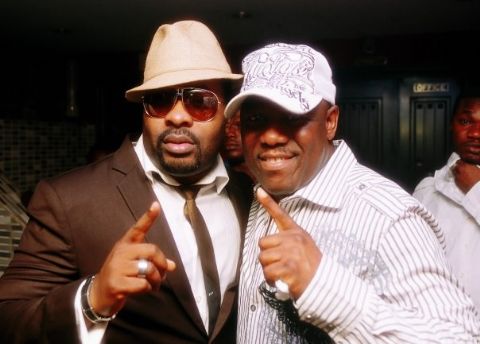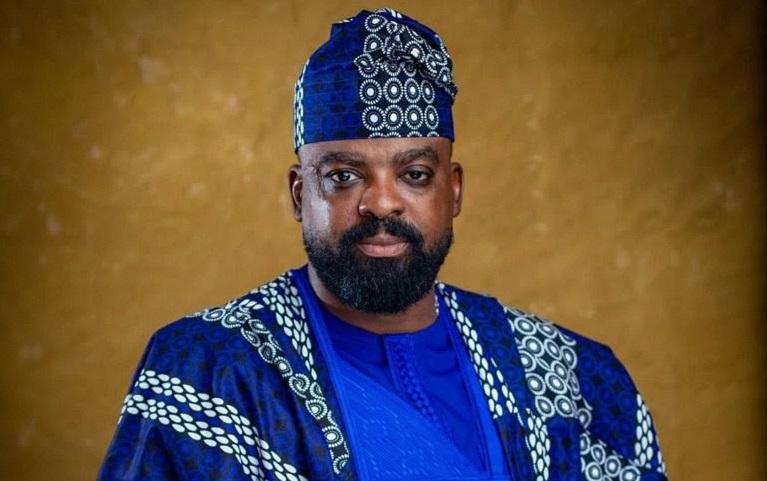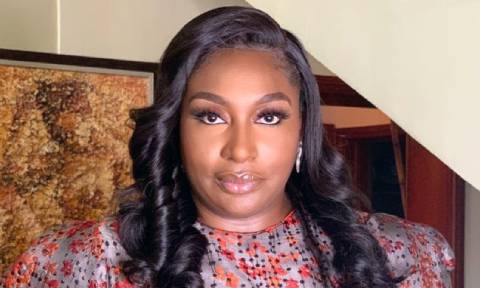
Nigeria – One of the founding fathers of African literature in English, Chinua Achebe, a poet, critic and author of the legend, Things Fall Apart, returns to Nigeria next week after nine years of self-exile in the United States.
Achebe came home last in 2000 when he delivered the Odenigbo Lecture in Owerri.
He is coming this time for the the first World Festival on Igbo Civilisation which will climax with the 2009 Ahajioku Lecture coming up in Owerri on January 23. Achebe is billed to deliver the lecture.
The festival, which is being organised by the five South Eastern states, will also be used to commemorate the golden Jubilee of Things Fall Apart.
Achebe will be accompanied by members of the international media, including those from the British Broadcasting Corporation (BBC) – Hugh Levinson, Smita Patel and Melvin Bragg – and Richard Dowden of the Royal Africa Society.
G.G. Darah, Professor of Literature in English at Delta State University (DELSU), said Achebe’s “home coming will be a lot of inspiration to writers in Nigeria since he left in 1990 after his 60th birthday ceremony at Nsukka.
“Achebe is an institution Nigerians have missed, especially in the past literary events. He is a major voice to reckon with in governance and literature globally.
“He always speaks against bad governance. He spoke against Olusegun Obasanjo’s abuse of human rights and about the drastic situation in Anambra State. His home coming will be highly celebrated.”
Achebe had an accident on March 22, 1990 on the Lagos-Ibadan Expressway and was flown to Paddocks Hospital in Buckinghamshire, England where he was confined to a wheelchair permanently.
He returned to Nigeria briefly in 2000, left for the U.S., and vowed not to come back unless the situation in his country improves.
His decision to come for a visit now is informed by his passion for the Igbo community and the culture.
Achebe, who lectures in the U.S., had in 2001 told Amy Otcher, a journalist with UNESCO Courier, that “I really want to go back home. But there are a number of serious limitations that have increased since I went into the wheelchair.
“I have to consider, for instance, such things as ‘is there a hospital within reach?’ If I need certain antibiotics, will they be available?’”
He turned down last April invitation to a colloquium on the golden jubilee of Things Fall Apart, organised by the Association of Nigerian Authors (ANA).
Sources said he could not make it because of the level of insecurity in the country.
Achebe, winner of the 2007 Man Booker International Prize for Fiction, founded in 1984 the bilingual magazine Uwa Ndi Igbo, a valuable source for Igbo studies.
Upon the death of Aminu Kano in 1983, he was elected Deputy National President of the People’s Redemption Party (PRP).
An excerpt of the statement issued by the organisers of the festival programme said “while the international community is celebrating Chinua Achebe’s Things Fall Apart as an accomplished piece of literature, the Igbo nation, whose ancient civilisation forms the background of the plot of Things Fall Apart, and whose world has taken a most tragic state in contemporary times, is being challenged to search for the meaning of Things Fall Apart in their history and their situation in the world today.
“This 50th anniversary of Things Fall Apart, therefore, offers us an opportunity to examine our past, our present predicament and our future.”



















